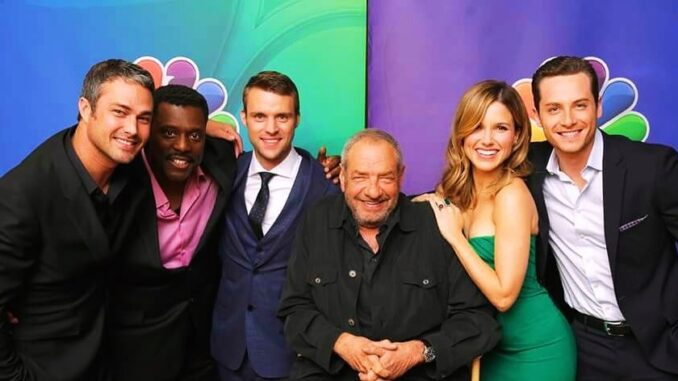
Chicago P.D. Season 13 continues to push emotional and moral boundaries, but Episode 3 stands out as one of the most intense hours the series has delivered in years. Titled “Return to Darkness,” the episode brings the Intelligence Unit back to the harrowing psychological territory that once defined the show—where justice blurs, loyalty fractures, and the ghosts of the past refuse to stay buried.
From the opening scene, the tone is unmistakably grim. A gruesome case involving a series of connected murders forces Hank Voight (Jason Beghe) and his team to confront a familiar evil—one they thought they had already put to rest. The investigation unfolds with the trademark grit and tension Chicago P.D. is known for, but this time, it feels more personal. Every clue drags the detectives deeper into the emotional wreckage of past cases, testing their resolve and humanity.
At the center of the episode is Voight himself, a man whose moral compass has never been easy to define. Jason Beghe delivers one of his most powerful performances in recent seasons, portraying a leader haunted by his own methods. Voight’s silence in the interrogation room speaks louder than any dialogue—he’s no longer sure if the darkness around him is external or something he’s carried all along.
Meanwhile, Kim Burgess (Marina Squerciati) and Adam Ruzek (Patrick John Flueger) bring emotional depth to the episode as they navigate the fallout from past trauma. Their scenes serve as a stark reminder that violence and justice are never cleanly separated in this world. Burgess’s determination contrasts with Ruzek’s growing disillusionment, creating one of the most compelling character dynamics in recent P.D. history.
Director Chad Saxton crafts the episode with deliberate tension—lingering close-ups, muted lighting, and the constant hum of Chicago’s night underscore the city as a living, breathing antagonist. The result is a story that feels more psychological thriller than procedural drama.
What makes “Return to Darkness” particularly powerful is its refusal to offer easy answers. The Intelligence Unit solves the case, but not without emotional casualties. The final scene, featuring Voight standing alone in the rain, encapsulates the central truth of Chicago P.D.: redemption is temporary, and the line between justice and vengeance is razor-thin.
After a decade on air, Chicago P.D. proves it still knows how to confront its audience with difficult questions about morality and consequence. Season 13, Episode 3 doesn’t just revisit the show’s darkest place—it reminds us why we keep returning there. Because in Voight’s Chicago, light doesn’t emerge despite the darkness; it fights to exist within it.
